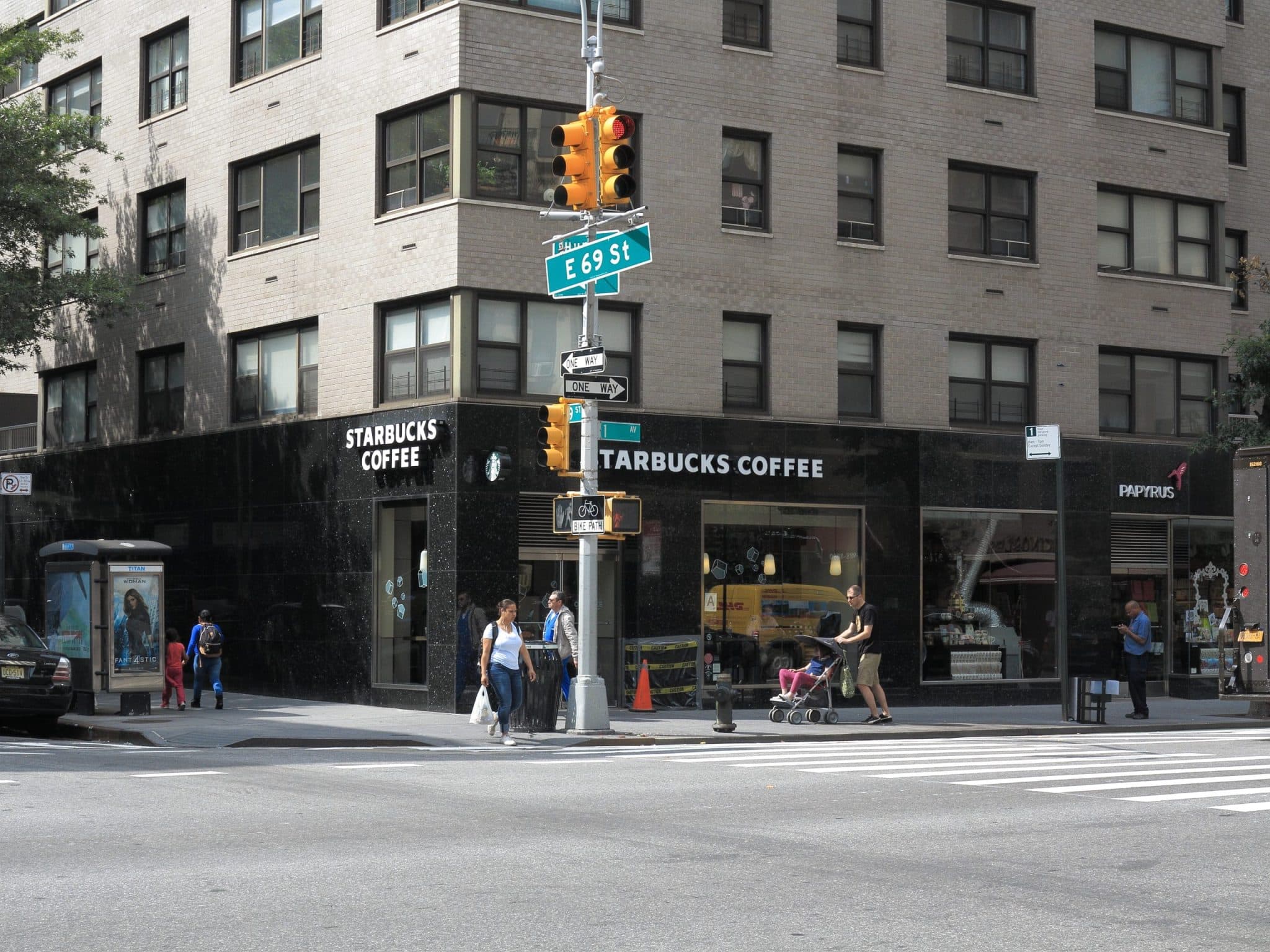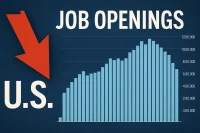Starbucks workers have staged strikes at numerous cafes and have vowed to continue their protests over a range of issues with the coffee giant.
The strikes were motivated by various concerns, including the removal of Pride decorations in stores and ongoing negotiations between unionized baristas and the coffee giant.
Due to staffing shortages resulting from the strikes, Starbucks was forced to close 21 stores early since they began on Friday.
As of Sunday, 104 U.S. locations had staff participating in the strikes, leading to limited service for customers.
Read More: Starbucks manager awarded $25 million in race discrimination case
Starbucks owns and operates around 9,380 stores in the United States.
The strike action took place in cities including Chicago, Baltimore, Seattle, Philadelphia, and Pittsburgh, as reported by Starbucks Workers United.
Earlier this month, Starbucks Workers United accused the company of restricting workers from hanging Pride decorations in stores.
Read More: Starbucks accused of banning Pride decorations at US stores
The union claimed that managers cited reasons such as insufficient work time, safety concerns amid backlash against brands supporting Pride, and guidelines for store environments.
Sean Plotts, a 26-year-old Starbucks worker from Chicago who participated in the strike, expressed disappointment that his store couldn’t display Pride decorations, describing it as a shame.
Starbucks’s CEO defended the company’s commitment to the LGBTQ+ community and claimed advocates for the union were unfairly capitalizing on the situation.
Read More: Marvel, Lego and Starbucks – Companies that came back from the brink of death
The company apologized to customers inconvenienced by the strikes and encouraged them to use the Starbucks app to find operating cafes.
The dispute highlights the tensions that can arise when Starbucks grants stores discretion in implementing corporate guidelines.
While Starbucks establishes overarching policies, local managers have the authority to decide how to apply them.
Read More: Holland & Barrett names Starbucks exec as new chief finance officer
Starbucks allows store leaders to decorate their stores according to holidays and themes, as long as it is not discriminatory.
If a landlord prohibits flags or signs, or a manager perceives them as a safety issue, the store can choose not to have them.
The union, claiming that Starbucks changed its policies, filed a complaint with the National Labor Relations Board (NLRB), arguing that any prohibition of Pride decorations should have been addressed in contract negotiations.
Starbucks has denied altering its policies and accused the union of spreading false information about its rules and negotiation efforts.
Starbucks Workers United plans to continue striking at stores until July 1.
The union removed an online map listing striking stores due to concerns for worker safety, as some stores faced backlash for their participation.
Read More: Starbucks fires employee who formed company’s first union
These strikes represent the latest clashes between Starbucks and pro-union workers since employees in Buffalo, New York, petitioned to unionize nearly two years ago. Numerous cafes followed suit, filing union petitions with the NLRB.
The NLRB has certified unions at 319 Starbucks cafes and experienced defeats at 65 locations. Currently, approximately three percent of Starbucks’s U.S. stores are unionized.
The pace of new union petitions has fluctuated over time, with a decline last summer, a rise in March, and a subsequent easing in recent months, according to NLRB records.
Read More: Starbucks new CEO Laxman Narasimhan officially assumes the position
Pro-union workers are advocating for better wages and working conditions through negotiated labor contracts at individual stores.
Starbucks argues that it can address workers’ concerns more effectively through direct discussions, and it has already enhanced pay and benefits for non-union stores since the labor organizing began.
The company asserts that it respects workers’ right to unionize.
Need Career Advice? Get employment skills advice at all levels of your career
To date, Starbucks Workers United and the company have not reached a contract agreement for any of the unionized stores.
Union representatives claim that Starbucks has delayed negotiations and failed to engage in good faith.
Meanwhile, Starbucks alleges that the union has not responded to over 215 proposed bargaining sessions, resulting in an NLRB complaint from the company.




